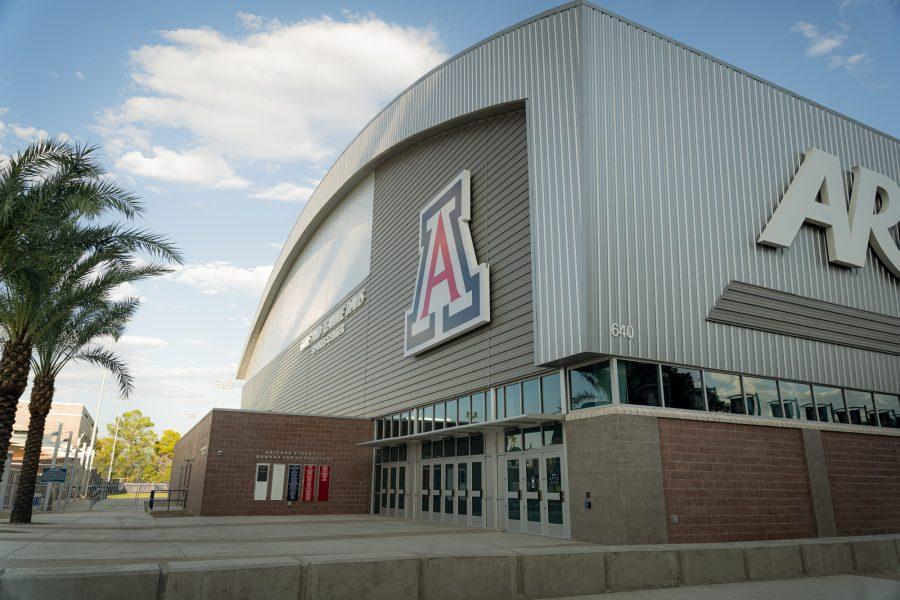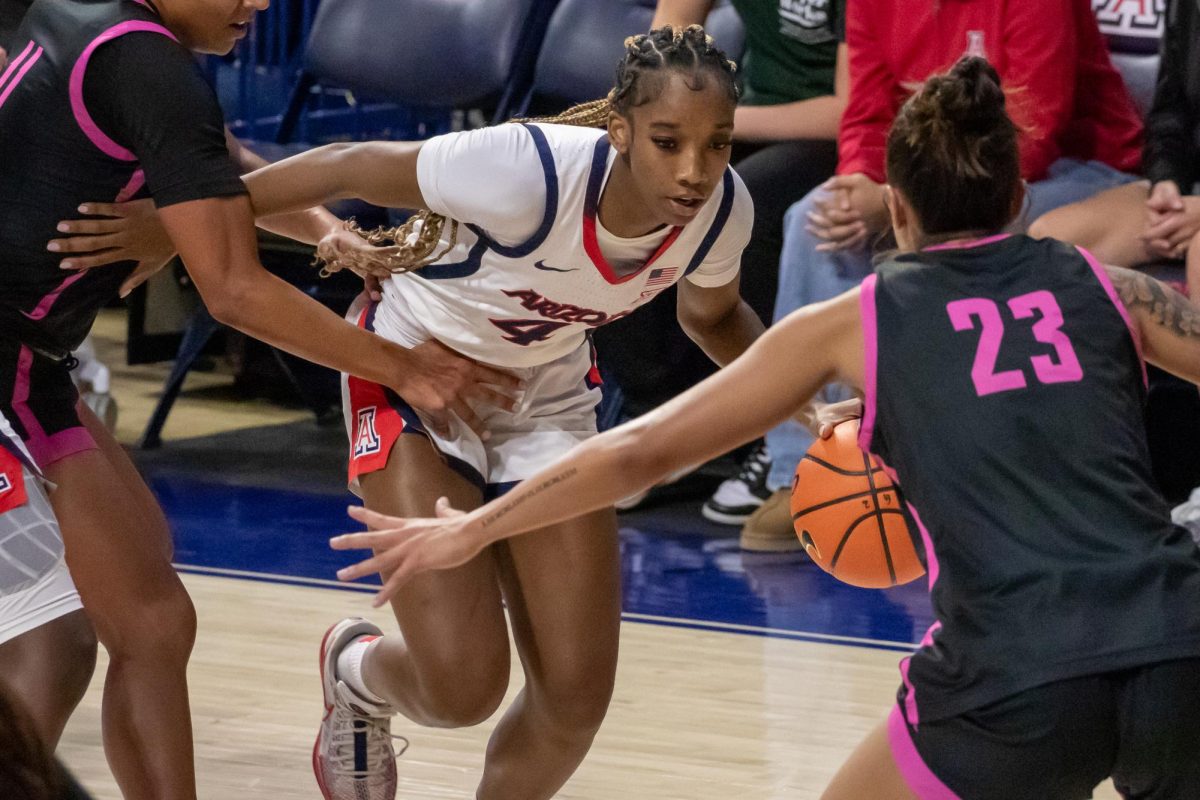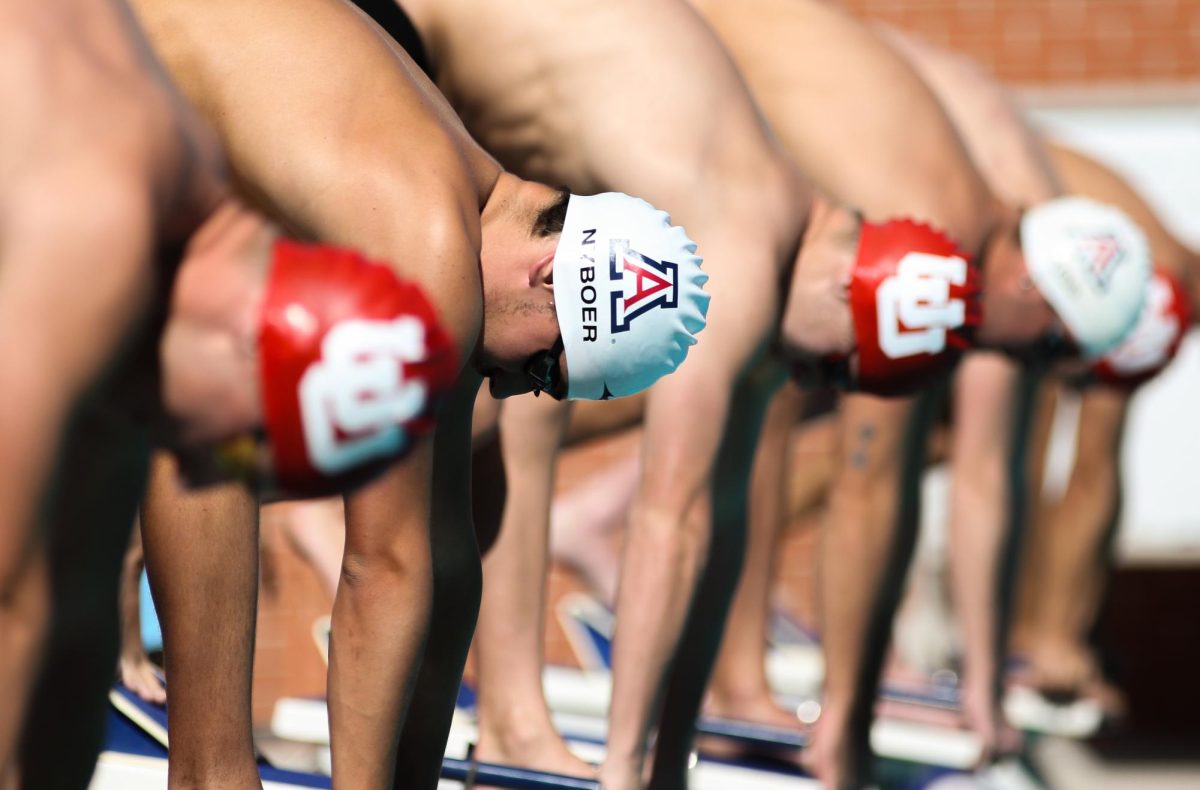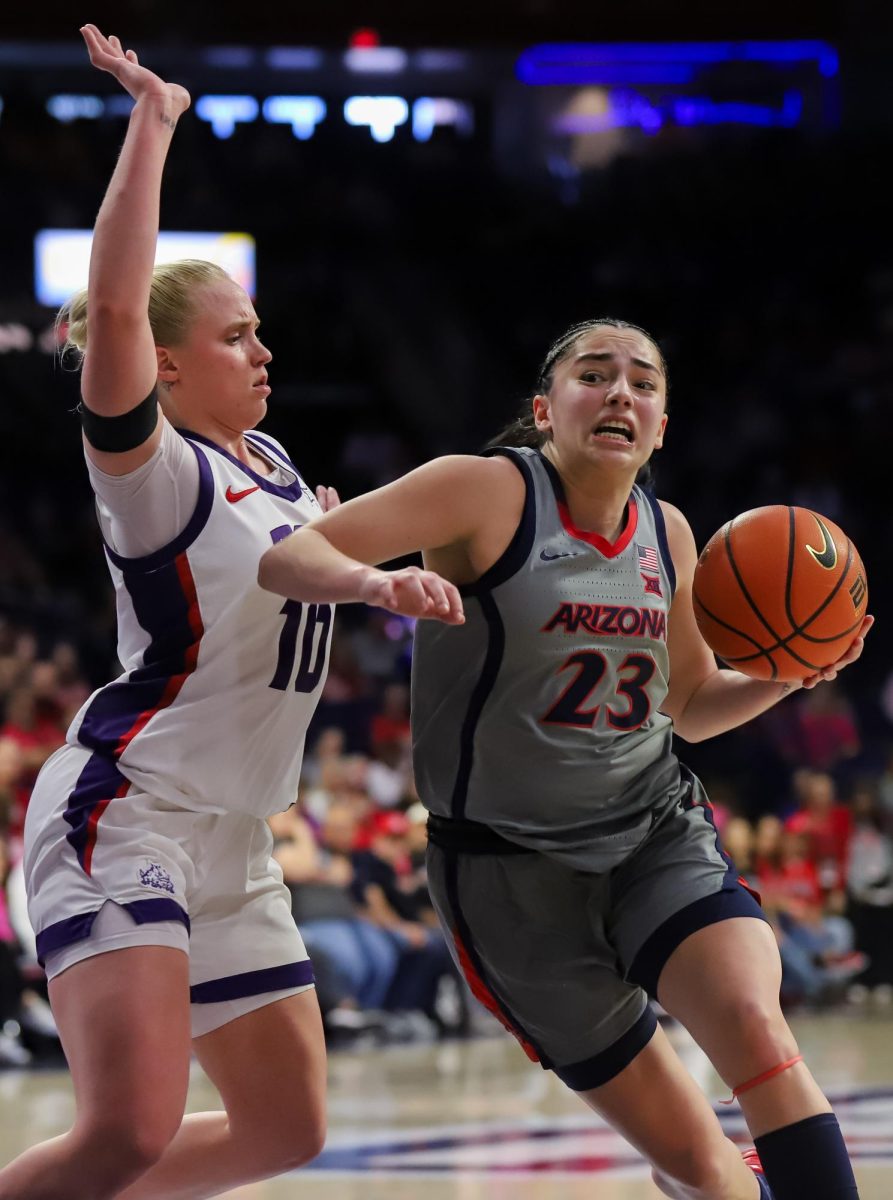Everyone needs a break occasionally, especially those involved with recruiting college athletes.
The summer used to be a time where recruiters could relax, knowing that their freshmen commitments and current players were locked in and ready to go for next season.
That is no longer the case as recruiters, coaches and universities scramble during every offseason to keep their players from leaving. The main pipeline that athletes use to leave their schools is the NCAA transfer portal. It is simple as to how an athlete can transfer.
According to Syracuse.com, the athlete tells their compliance office that they want to transfer, the office registers that athlete to the portal within two days and then the athletes name will be available for coaches vying for transfers. It is not too difficult, but I believe that is the problem.
If you were an athlete on scholarship, you used to have to tell your coach you wanted to leave, and the coach would have to approve you being released from your scholarship. Now you can leave them in the dark without even telling them by entering the portal and leaving to the first school that wants you. No explanation is owed at all to anyone as to why an athlete would want to transfer. All the NCAA’s website says is for the athlete to decide which school is right for them, enter the portal and wait to see who responds.
The NCAA’s most recent rule change made it even easier and more appealing to leave your university. The NCAA decided on April 18, 2021, to enact the “one-time transfer” rule, which now allows athletes to immediately play upon arrival to their new school. Before this rule was amended, athletes in sports such as football and basketball had to sit out one year as a penalty for transferring. With that now gone, it seems to me that it is no longer a punishment, but rather an incentive to transfer. The new rule does state that you can only transfer once and play immediately, but sometimes that one transfer is all a player needs to find a new program and leave their past program in shambles.
RELATED: No college coaching experience, no problem for newly hired Chip Hale
To me, this does not sound like academic betterment, but rather free agency. College sports used to be viewed as a developmental stage in an athlete’s young sports career. Now it is athletes telling a school they are ready to give them everything they got, only to leave a year later to a bigger school or better team.
One of the latest examples happened right here at Arizona. Once it was announced that former head coach Jay Johnson of the baseball team was leaving to coach LSU, it was not long after that freshman standout Jacob Berry said he was transferring to LSU.
“Due to recent changes, I am excited to play for Coach Johnson and I’m following him to the SEC,” Berry said on Twitter. “I am thankful for the good ppl and teammates at UA…wishing y’all the best! I’m also excited for the opportunity to wear the iconic purple/gold for LSU!”
Just like that, UA’s first baseman who batted .352 with 17 home runs and 70 RBI’s is now gone. If that were not a big enough headache, 19 other Wildcats entered the transfer portal in hopes of finding a new home.
Many coaches, including Oakland University’s head basketball coach Greg Kampe have denounced the new rule change.
“If you are building for the future you are going to lose your job,” Kampe told Sports Illustrated.
What Kampe meant is that universities will now shift focus from recruiting high school players to college transfers. Think about it, does a 6’1, 170-pound high school senior who’s never played college basketball sound more appealing than a 6’8, 210-pound junior transfer from Duke who is fresh off a deep March Madness run?
This is already happening at the Texas State football program. Head coach Jake Spavital has 19 scholarships he can hand out, and he has already handed out 11 of them to transfer students. Spavital has not recruited one high school prospect in 2021 because he finds the transfer portal more useful.
“My whole argument is I can take the [high school] kid down the street that no one wants, and no one offers who, after three years, you develop him into a good player, and he can leave,” Spavital told CBS Sports. “Or you can [go to the portal].”
It must be so demoralizing nowadays to be a high school student, knowing that you are competing with not only high school athletes for a spot on a team, but college athletes. I agree with Spavital that it makes more sense to recruit a seasoned college veteran athlete, but isn’t this just college sports?
What happened to the bond between player and coach? Do programs not want those stories of taking a chance on an unknown 18-year-old from the middle of Nebraska who turns out to be a star?
I guess the simple answer is, no.
After a 2018 study by the NCAA showed that 13% of division one athletes transferred to another school, it seems inevitable that number will climb with these new rule changes.
Another element that will be lost from college sports is loyalty. After working so tirelessly on recruiting athletes and holding big signing ceremonies in celebration of them coming to your school, it is shocking to see how easy it is for an athlete to pack up and leave. School spirit, legacy building and fans of the team obviously mean nothing to a teenage athlete who is free to kick all that to the side for another school. I foresee this happening in even larger numbers, especially now that athletes can earn money off their name, image and likeness. Let us use Berry as an example.
During his time in Arizona, many people outside of Tucson did not know who Berry was. Even with the monster numbers he put up during his time on the baseball team, the Pac-12 does not have the marketing or TV influence to televise all the games. Unless you went to the athletics website and found the link to the Pac-12’s streaming service, you were not watching much Arizona baseball.
Now that Berry is with an SEC school, virtually all their games will either be on the SEC network or an ESPN network since the conference signed a deal with the sports media giant. With all that exposure, it is certainly guaranteed Berry will make more money off his name, image and likeness at LSU than he ever would in Arizona.
Even though the new transfer portal rule has not been in effect long, I fear the consequences that will come out of it. It is too late to stop it, so all that is left to do is sit back and see what happens.
Follow Sean Fagan on Twitter















